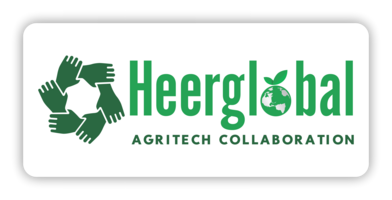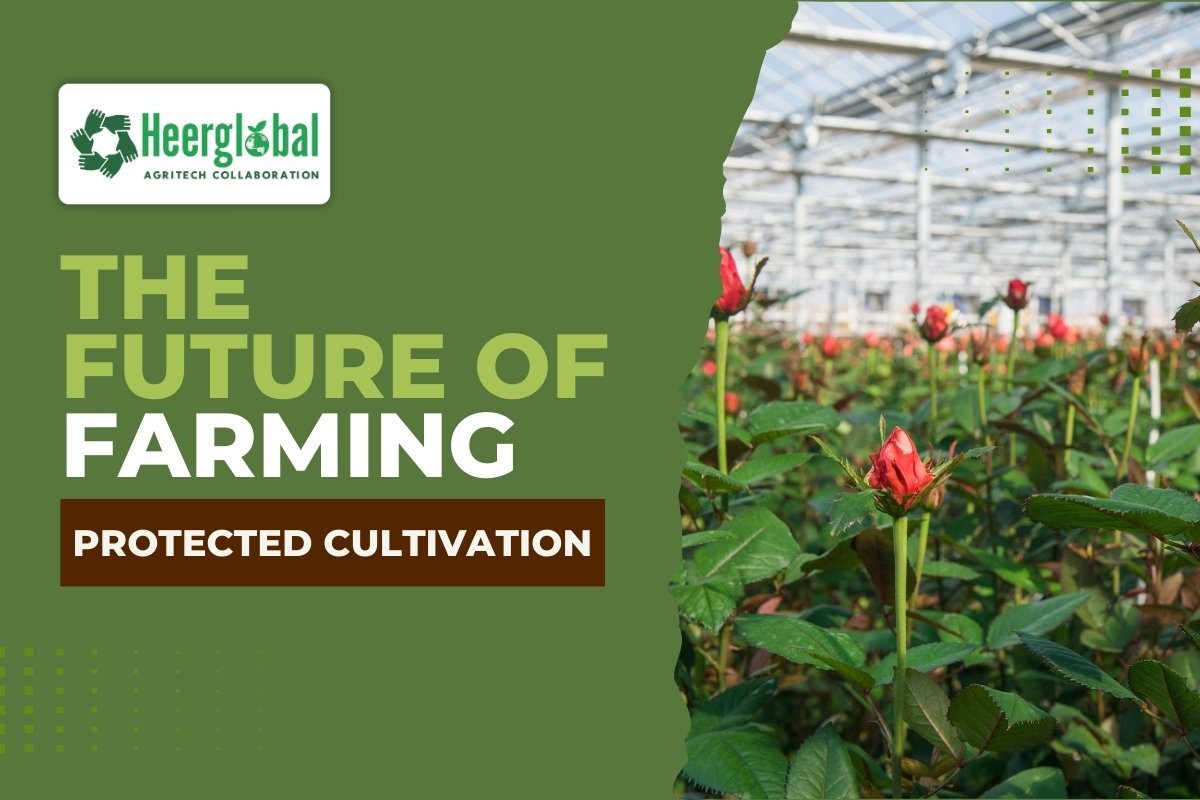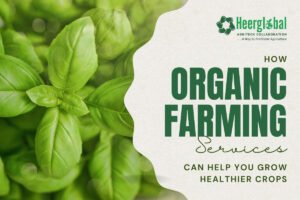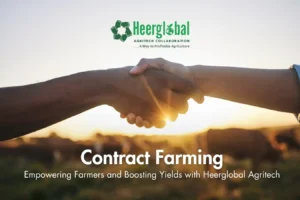The Future of Farming with Protected Cultivation
In modern agriculture, the incorporation of protected cultivation stands out as a transformative force, fundamentally altering age-old farming methodologies. As climate change continues to pose challenges to conventional farming methods, Protected Cultivation offers a sustainable solution that ensures a consistent yield irrespective of external weather conditions. Let’s delve into the intricacies of this innovative approach and explore how it’s reshaping the agricultural landscape.
Protected cultivation entails the use of specialized structures such as nethouses, polyhouses, or greenhouses to create a controlled environment conducive to plant growth. These structures shield crops from adverse weather elements while optimizing essential factors like temperature, humidity, and light intensity. By harnessing technology to mimic the ideal growing conditions, farmers can cultivate a diverse range of crops with precision and efficiency.
Advantages of Protected Cultivation
- Climate Resilience: One of the most significant advantages of protected cultivation is its ability to mitigate the impact of unpredictable weather patterns. Whether facing scorching heat, heavy rains, or frost, farmers can rely on these structures to safeguard their crops and maintain optimal growing conditions throughout the year.
- Year-Round Production: Unlike traditional farming, which is often seasonal, protected cultivation enables year-round production. By exerting control over environmental variables, farmers can extend growing seasons and maximize their harvests, thereby ensuring a steady supply of fresh produce to meet market demands consistently.
- Enhanced Crop Quality: The controlled environment offered by protected structures fosters superior crop quality. With precise regulation of factors like irrigation, fertigation, and disease prevention, farmers can cultivate healthier, more resilient plants that boast higher yields and better market value.
- Resource Efficiency: Protected Cultivation promotes resource efficiency by minimizing water consumption, reducing pesticide usage, and optimizing nutrient delivery. Through techniques like drip irrigation and integrated pest management (IPM), farmers can achieve sustainable agricultural practices that prioritize environmental conservation without compromising productivity.
Applications of Protected Cultivation
Protected cultivation finds extensive applications in various sectors of agriculture, including:
- Vegetable Farming: Nethouses, polyhouses, and greenhouses are commonly utilized for cultivating a wide range of vegetables such as tomatoes, cucumbers, peppers, and leafy greens. These structures provide an ideal environment for vegetables to thrive, resulting in higher yields and superior quality produce.
- Floriculture: For flower growers, protected cultivation offers unparalleled control over environmental factors essential for flower production. From roses to carnations, protected structures ensure optimal conditions for flowering plants, leading to premium-quality blooms prized in domestic and international markets.
- Herbiculture: The demand for fresh herbs continues to soar, driven by their culinary and medicinal applications. Protected cultivation enables herb growers to cultivate a diverse array of herbs year-round, meeting the needs of consumers while maintaining the potency and flavor of these aromatic plants.
Future Prospects and Conclusion
As the global population burgeons and agricultural land diminishes, the adoption of protected cultivation is poised to escalate. Its ability to bolster food security, mitigate climate risks, and optimize resource utilization positions it as a cornerstone of sustainable agriculture in the 21st century.
In conclusion, Protected Cultivation heralds a new era of farming characterized by resilience, efficiency, and innovation. By harnessing the power of technology and scientific advancements, farmers can overcome the challenges posed by a rapidly changing climate and secure a prosperous future for generations to come.
Contact Us:
For inquiries about implementing protected cultivation or to explore our range of innovative agricultural solutions, contact Heerglobal Agritech Collaborations at +91 95379 85839 or email us at contact@heerglobalcollaborations.com. Unlock the potential of sustainable farming with us today!




